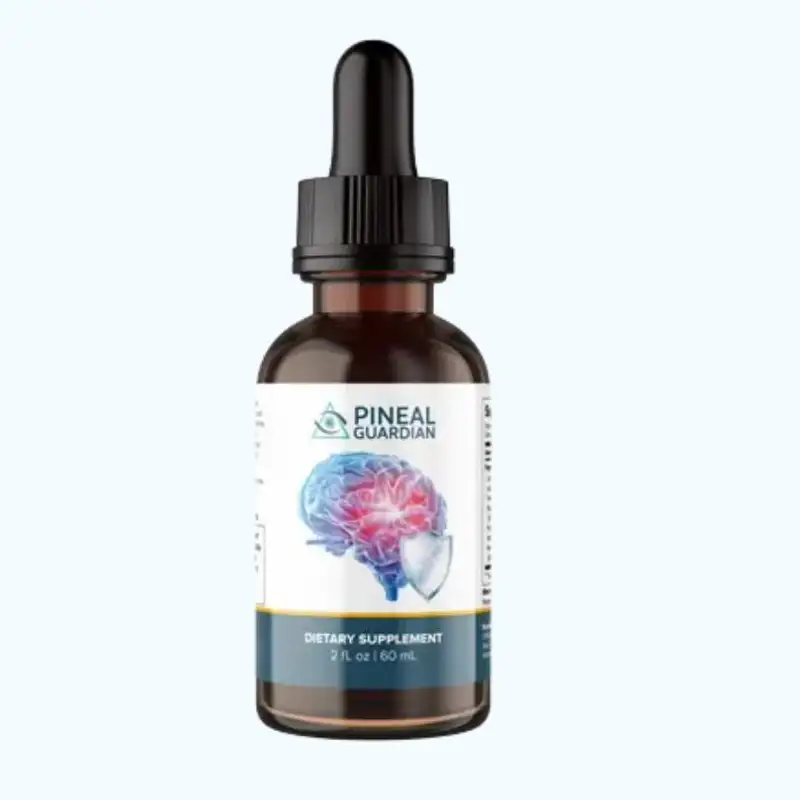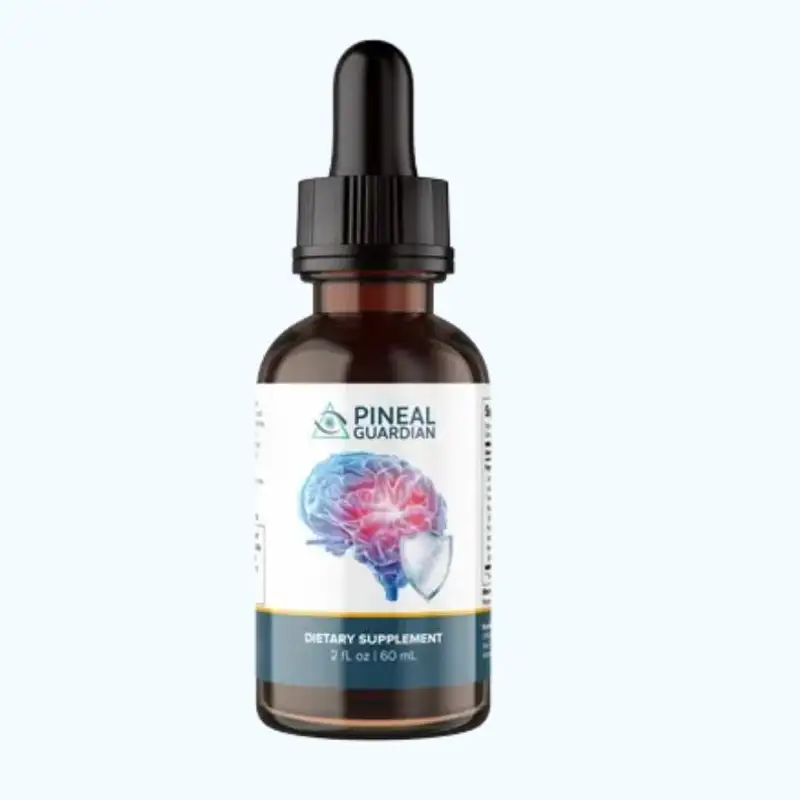Unlocking Memory: The Pineal Gland's Hidden Role
Memory supplements are a $2.3 billion industry, but here's something wild - 95% of people taking them don't even know what's actually happening in their brains. Today we're exploring why a tiny pine cone-shaped gland might be the key to understanding cognitive decline.
That's fascinating timing because my aunt was just telling me about her struggles with memory loss. She's in her early 50s and suddenly can't recall client names during meetings.
You know what's really interesting about this? The science shows it's not just about "getting older." There's this tiny gland in our brain - the pineal gland - that's literally calcifying over time, like rust building up in our brain's control center.
Hold on - when you say calcifying, what exactly does that mean for our cognitive function?
Well, according to Cleveland Clinic research, this gland regulates everything from sleep cycles to memory consolidation. But here's the kicker - it's not just age causing the problem. It's fluoride in our water, chronic stress from our careers, and even the blue light from all our devices accelerating this calcification process.
That makes so much sense when you think about how different our lifestyle is now compared to previous generations.
Exactly. And this is where Pineal Guard comes in - it's one of the few supplements that actually has some legitimate science behind its formula. They use a specific combination of ingredients: moringa oleifera, chlorella, spirulina, ginkgo biloba, and bacopa.
I've heard about some of those ingredients before - what makes this combination special?
The key is how they work together. The moringa and spirulina provide antioxidants that can cross the blood-brain barrier, while chlorella acts as a natural detox agent, binding to heavy metals and fluoride that accumulate in brain tissue. But here's what's really interesting - they use a liquid formula instead of capsules.
Why would the liquid form make such a difference?
Research shows our digestive system becomes less efficient at breaking down capsules as we age. The liquid form bypasses those issues. But - and this is crucial - the supplement alone isn't enough. The data shows people who get real results are doing three things simultaneously: supplementation, detoxification, and circadian rhythm restoration.
So what kind of timeline are we looking at for seeing actual improvements?
Clinical studies show a pretty specific progression: better sleep quality and reduced brain fog in weeks 1-2, improved afternoon energy by weeks 3-6, and noticeable memory improvements around weeks 7-12. But here's something fascinating - chronic stress accelerates pineal calcification faster than any environmental toxin.
That's quite a revelation considering how stressed most people are these days. What about the investment required for all this?
The supplement runs between $39-69 per bottle, but here's what's interesting about the economics - while it's more expensive than generic brain supplements, the quality of ingredients and formulation is significantly better. Studies show most people see noticeable benefits within 4-6 weeks of consistent use.
You know what strikes me about all this? How interconnected everything seems to be with our cognitive health.
That's exactly right. And that's actually the most empowering part - we have more control over our cognitive health than most people realize. The research shows it's not about accepting decline as inevitable; it's about understanding these mechanisms and taking strategic action.
So what would you say is the most crucial takeaway for someone just starting to explore this?
Start with the foundations - clean water, stress management, and sleep optimization. Then look at quality supplementation as part of a larger strategy. The data shows that people who transform their cognitive health aren't looking for quick fixes; they're committed to understanding and addressing these root causes systematically. And that's really what makes the difference between success and failure in maintaining brain health as we age.

